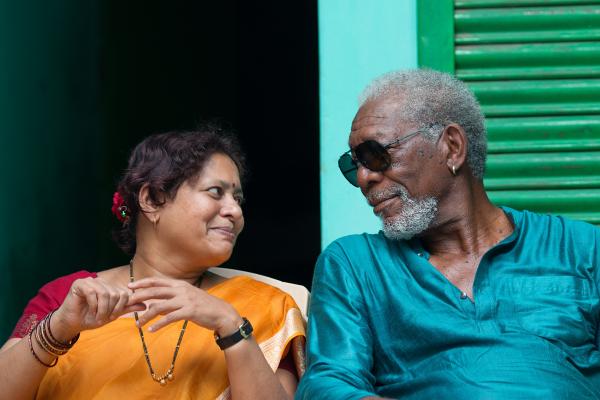Apr 1, 2016
I caught up with executive producers McCreary, James Younger, and Moran Freeman on the red carpet premiere of The Story of God in New York City.
“People don’t see the commonalities between religions,” Younger explained. “They just think of their faith as being the one that has the answers. Other faiths? They don’t know two things about them.”
Read the Full Article

Already a subscriber? Login
